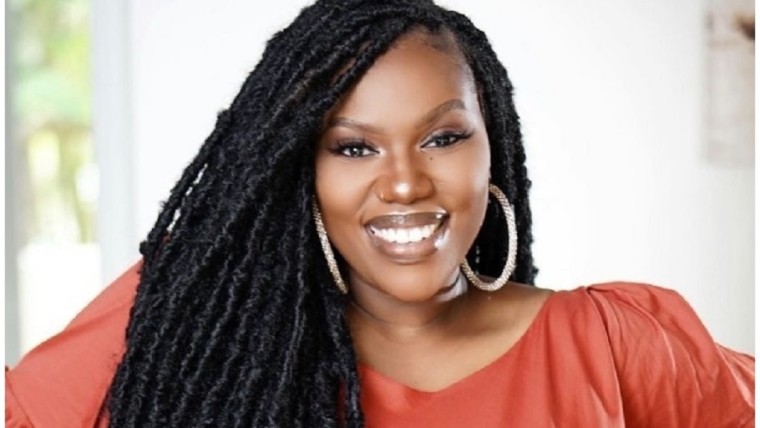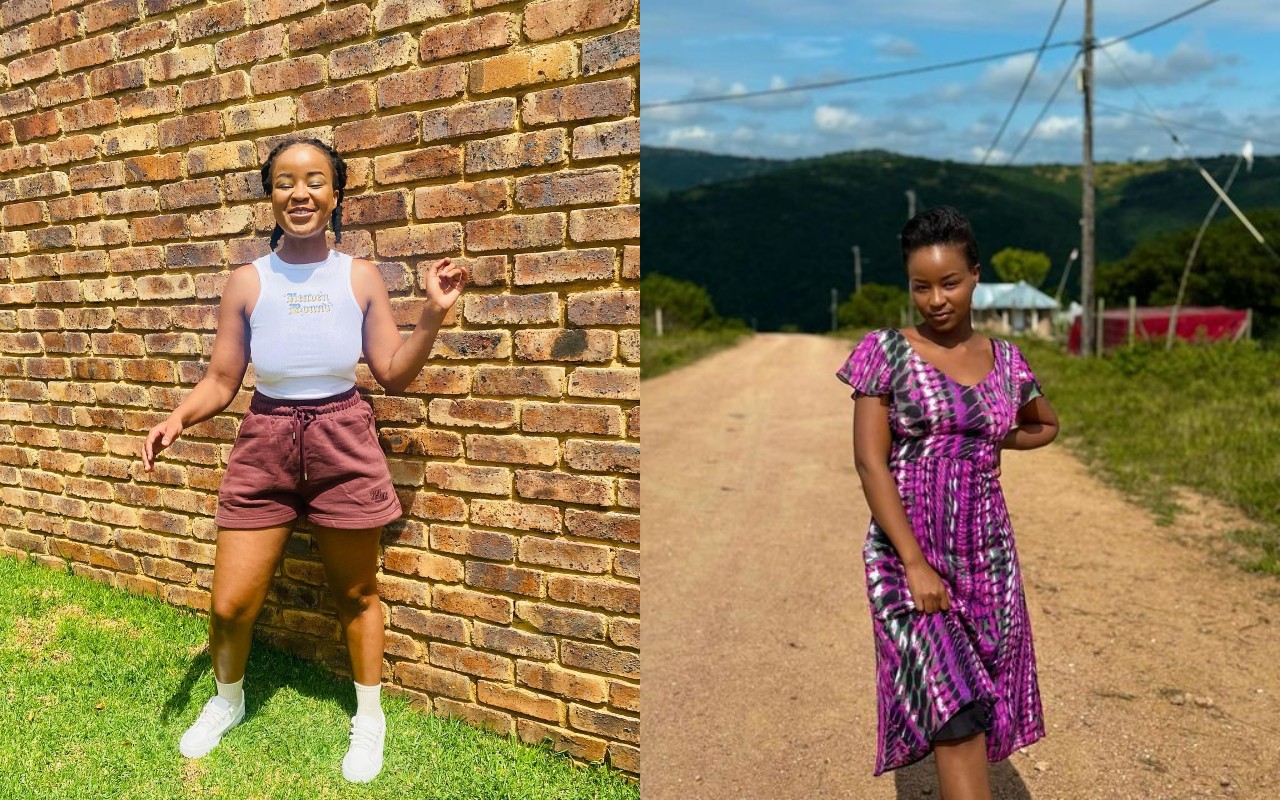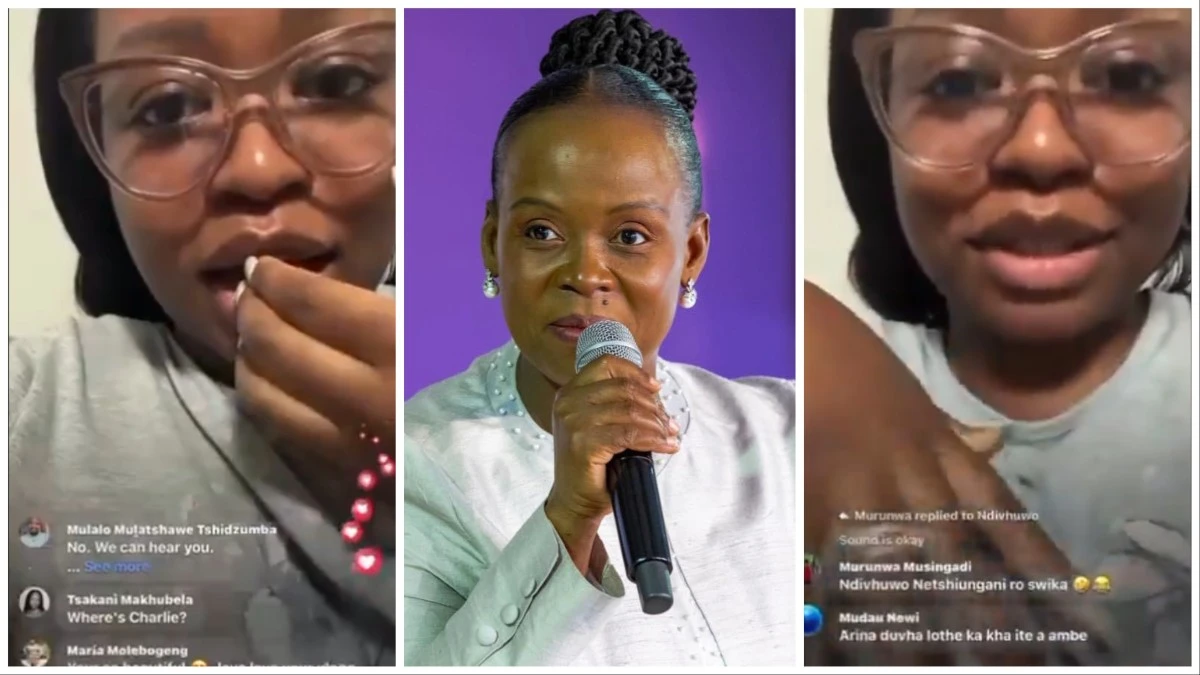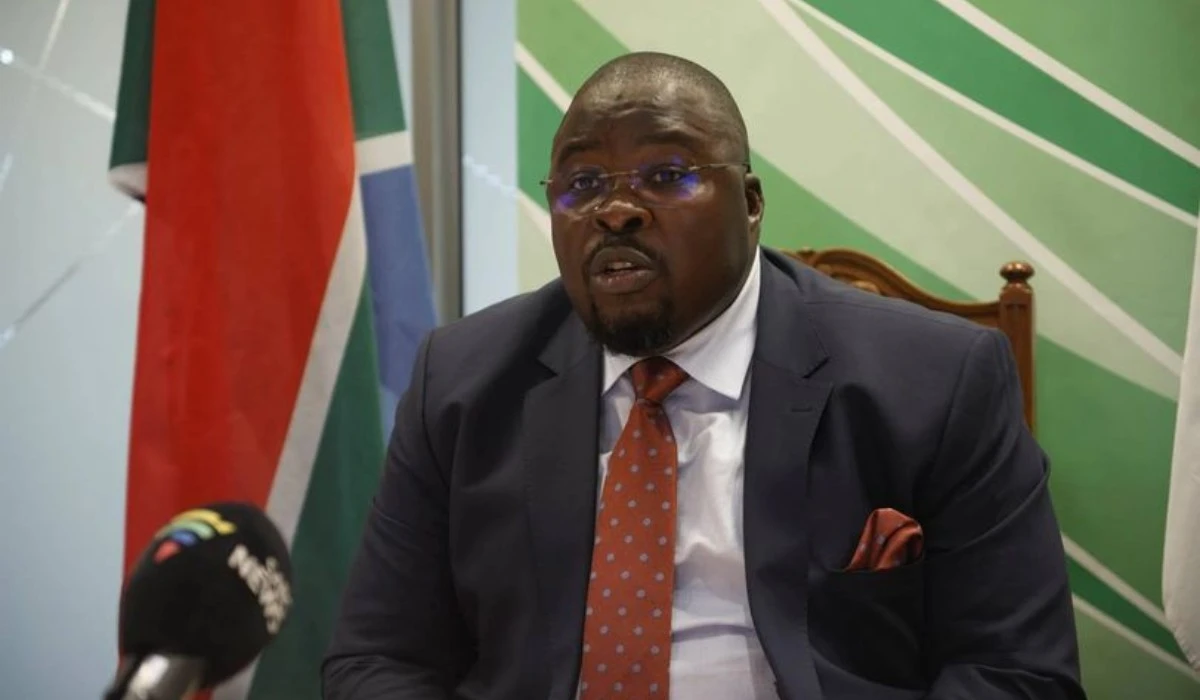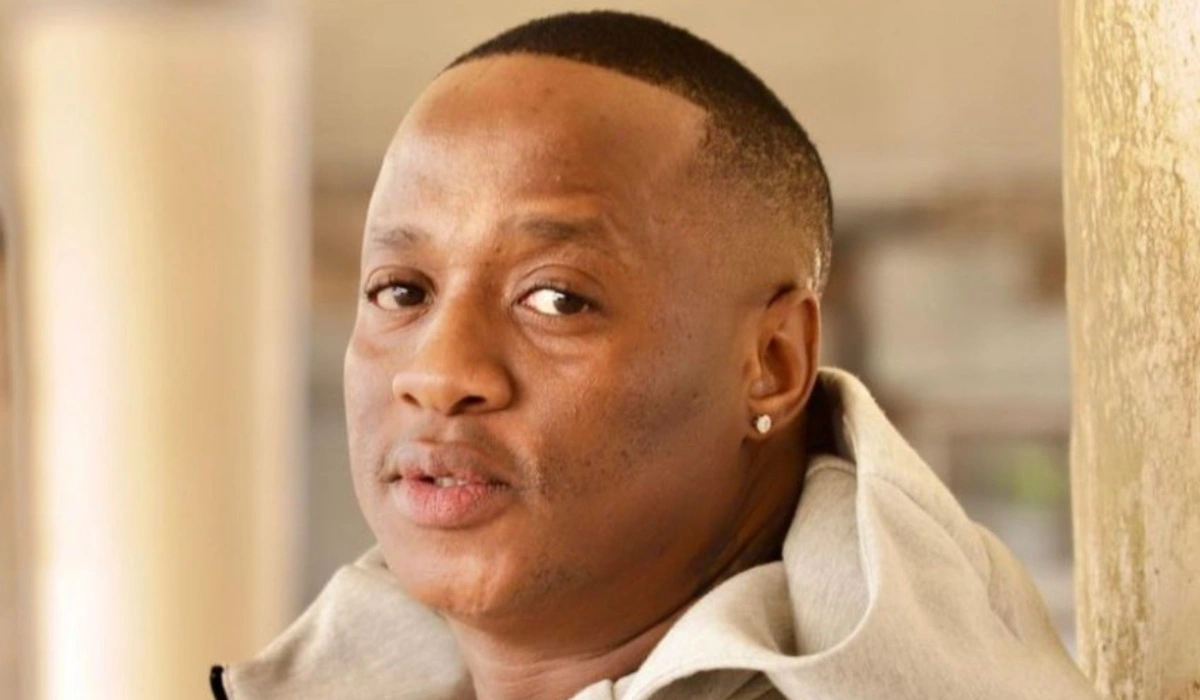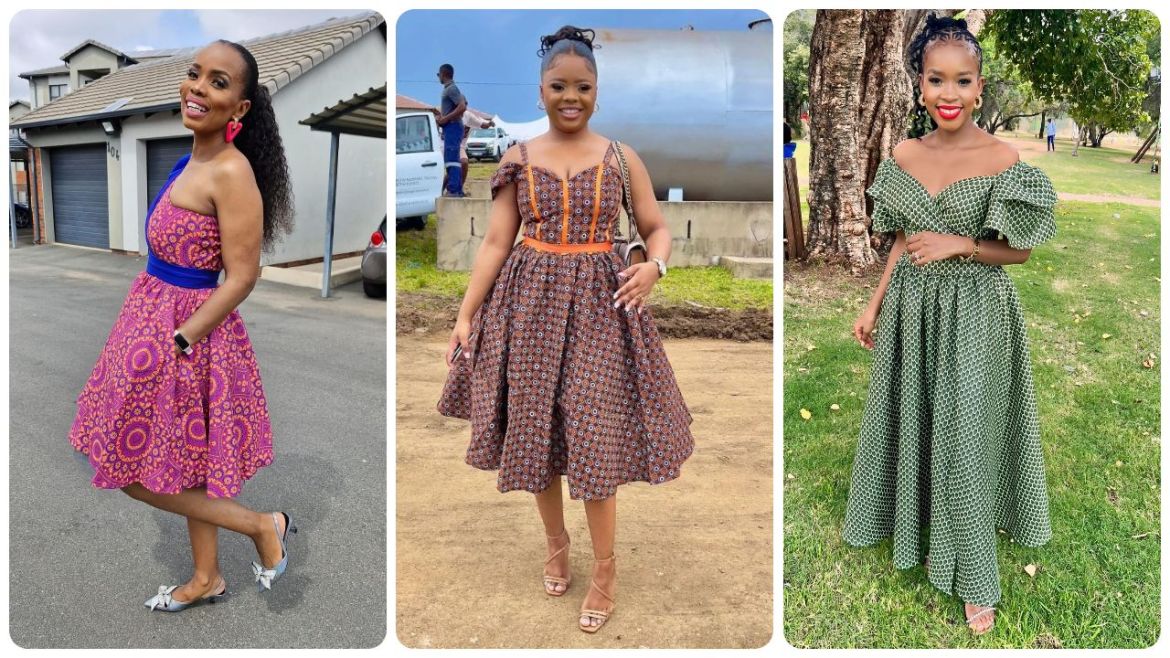Carte Blanche Exposé: How Mamkhize Secured Over R1 Billion in Government Tenders
Shauwn Mamkhize Mkhize, renowned for her flamboyant persona and reality TV stardom, has recently come under scrutiny for her substantial success in securing government tenders, accumulating over R1 billion in taxpayer-funded projects. The Genesis of Controversy Two months prior, Carte Blanche delved into the dire financial situation of the Msunduzi Local Municipality in Pietermaritzburg, KwaZulu-Natal.



